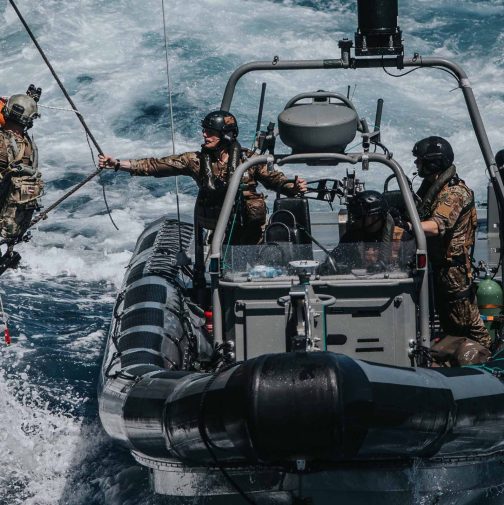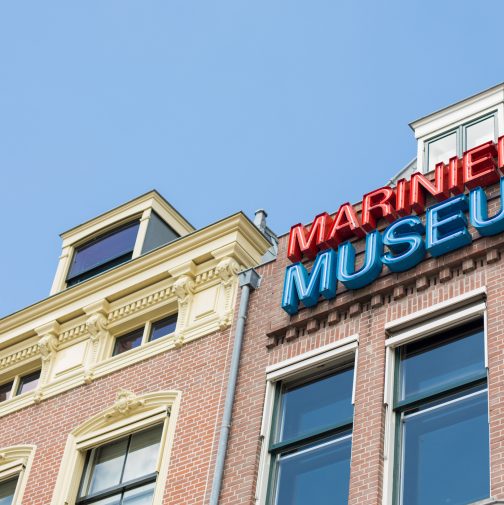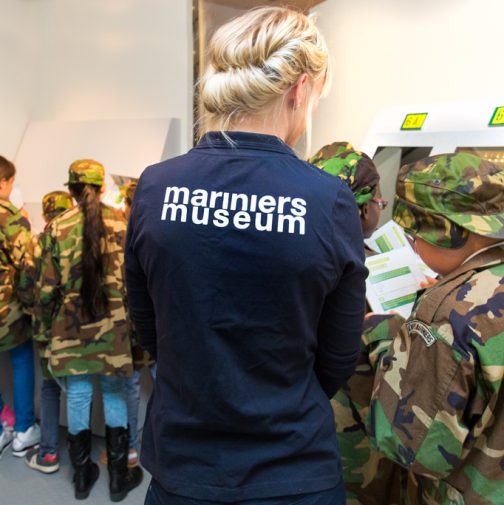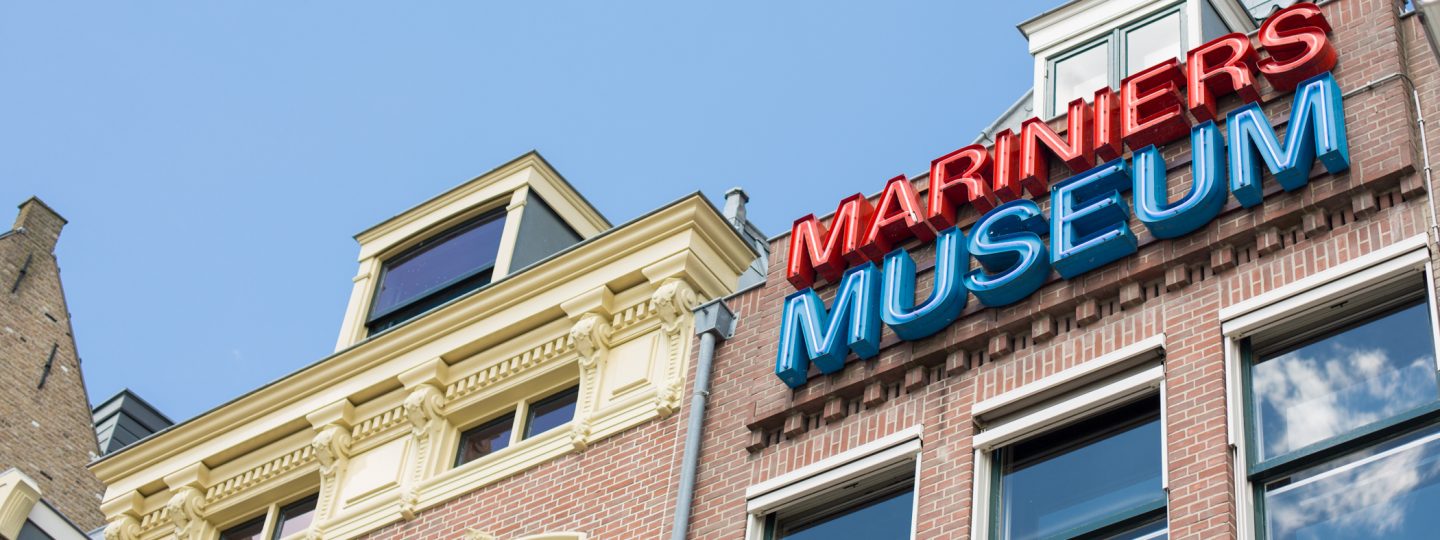
About the museum
A small museum with a great story to tell, about the world of the marines and the marines in the world!
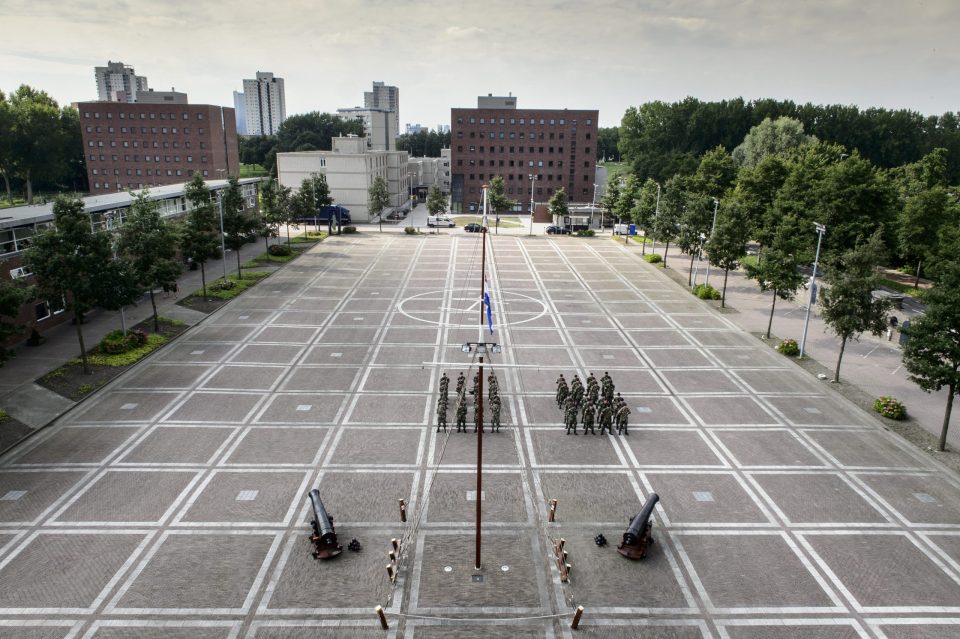
Mariniersmuseum
History
The history of the Marines Museum is closely entwined with the Rotterdam Marine barracks and the Marine Corps. In 1938, the marines starting building a collection of historical artefacts relating to the Marine Corps.
During the fire that broke out immediately after the bombing raid on Rotterdam on 12 May 1940, the historical possessions of the corps went up in flames. Only the regimental standard was rescued.
POST-WAR COLLECTION
The foundations for the post-war collection were laid in the run-up to the celebrations to mark the 300 year history of the Corps in 1965, when an exhibition was organised at the Historical Museum in Rotterdam. Afterwards, a permanent exhibition was mounted in the main building of the Van Ghent barracks.
The Marines Museum officially opened its doors to the members of the general public in May 1980 billeted in the buildings of Hulstkamp Distillery at the Noordereiland (island quarter of Rotterdam). Fifteen years later, in 1995, the museum moved into its current location at the Wijnhaven. The present-day museum places historical artefacts as well as the person behind the marine at the forefront.
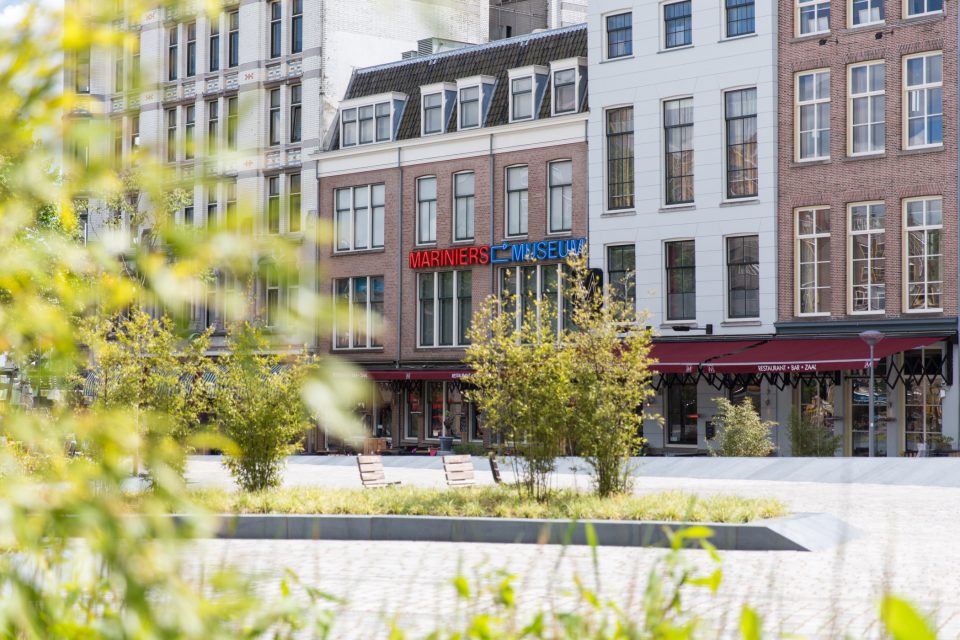
Unique location
Historic property
The link between the City of Rotterdam and the marines goes back to 1665 when the first naval infantry soldiers were posted on the ships of the Rotterdam Admiralty.
The Marines Museum enjoys a unique location: billeted in a historical building at the Wijnhaven, in the heart of the city centre, looking out across the river Maas and the Willems Bridge. The very spot where the marines defended the north bank around the bridges across the Maas against the German assault in early May 1940.
MARINES 010 MAAS BRIDGES
This link was only further strengthened when, in early May 1940, the marines took up the defence of the north bank around the bridges across the river Maas, right opposite the location which is now home to the Marines Museum at the Wijnhaven, fighting a heroic battle during the first days of the war. There is good reason why the Germans dubbed the Dutch marines ‘die Schwarzen Teufel’ (Black Devils) at the time.
